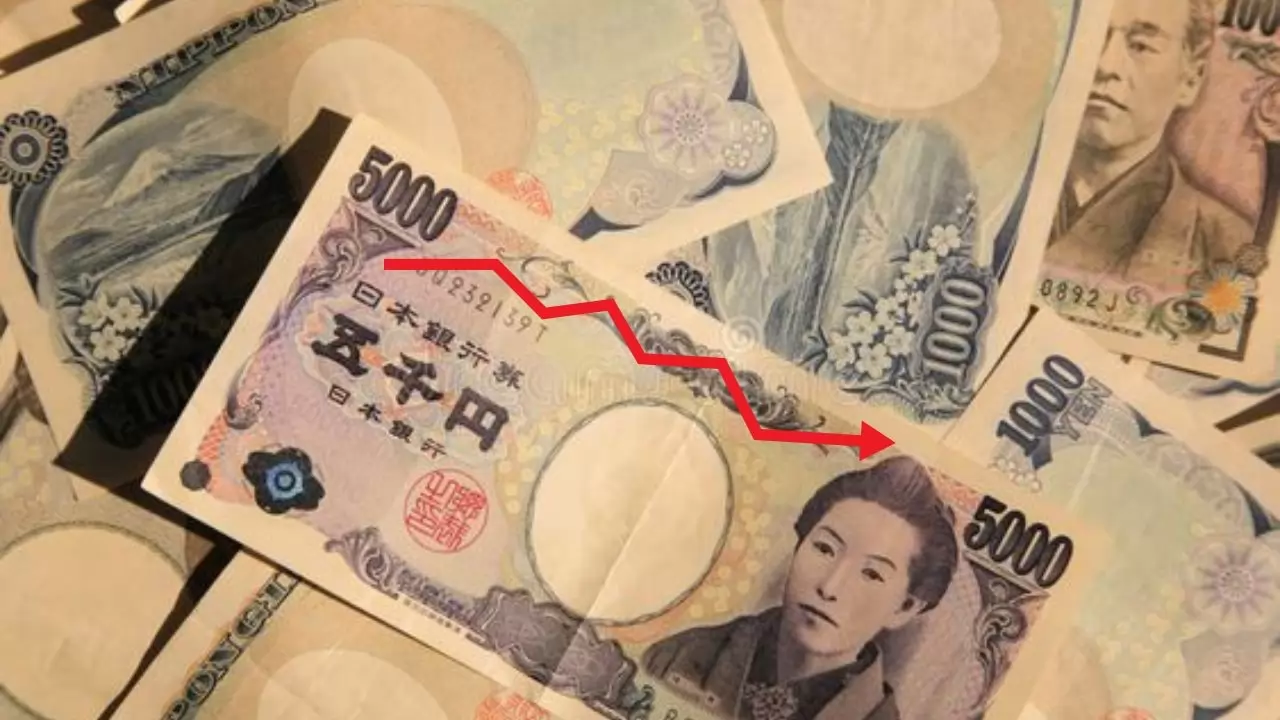
Japan’s economy has now been declared as the world’s fourth-largest and Germany climbs to third place. This is due to Japan's economy contracting in 2023's final quarter. Business forums have been buzzing with thoughts on what steps Japan should take to increase its economy and trying to understand what caused the economy to fumble.
Japan is a nation that has faced such economic scenarios in the past and had done some introspecting. In 2010 China acquired the status of the world’s second-largest economy. Japan at the time had taken this as a queue to do some soul-searching and find solutions to stay ahead of emerging economies.
Japan has technically gone into recession as the Japanese government has disclosed that their economy shrank from October to December at an annual rate of 0.4%. However, it grew 1.9% for all of 2023 as reported by the Cabinet Office data on real GDP. From July to September, it contracted 2.9%. A technical recession is declared when two consecutive quarters of contraction are faced by an economy.
Although many factors play into a nation's economy dropping, two main points have surfaced in this case. The value of the Japanese yen falling is considered a key factor in the downfall of the economy. Dollar terms are used for nominal GDP comparisons.
The other main point that affected the economy is the population decline in Japan. Economists reveal that a lower population rate means there is less productivity as well as less competitiveness in the environment. Additionally, there are fewer people spending money which takes a hit on the economy.
Economy minister Yoshitaka Shindo stressed the need to achieve solid wage growth to underpin consumption, which he described as 'lacking momentum' due to rising prices 5/6 pic.twitter.com/9Mnl8HHUw9
— Reuters (@Reuters) February 15, 2024
Germany is still doing better in terms of labor crunch than Japan. A weaker yen has resulted in Japanese exporters such as carmakers benefiting as their products are cheaper for the international market. However, Japan's shaky economy caused labour shortage which is a problem for businesses. This issue is worsened by the low birth rate.
Government-led attempts to increase the birth rate suggest that chronic labor shortages will likely worsen. Japan is opening doors to foreign workers but the chances of the labor crisis going back to normal are not likely to occur any time soon.
The economy revitalization minister, Yoshitaka Shindo, disclosed to reporters that Germany surpassing Japan's economy displays it was “imperative” to implement structural reforms. These reforms include barriers to foreign investments being lowered, and more women taking full-time jobs.
Shindo stated, “We will deploy all policy steps to support pay rises.” He appears to be motivated and dedicated towards encouraging demand-driven growth.





Copyright © 2026 Top Indian News
